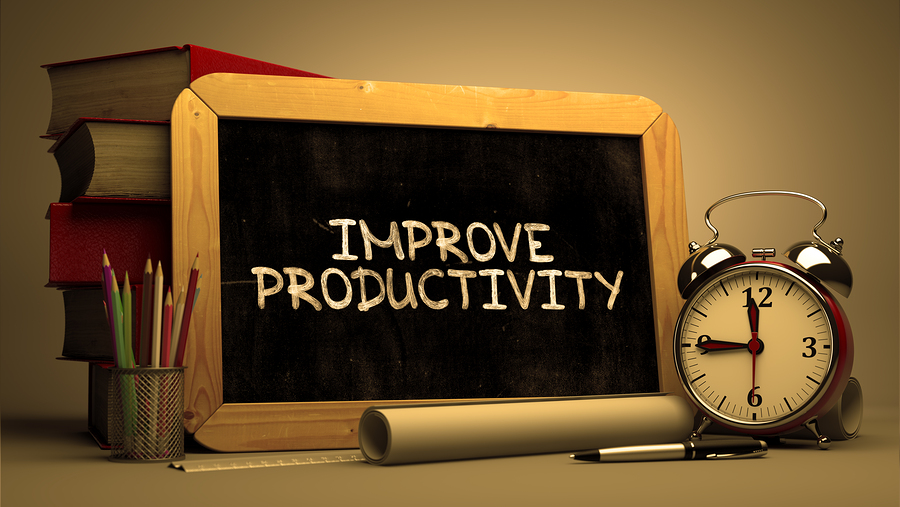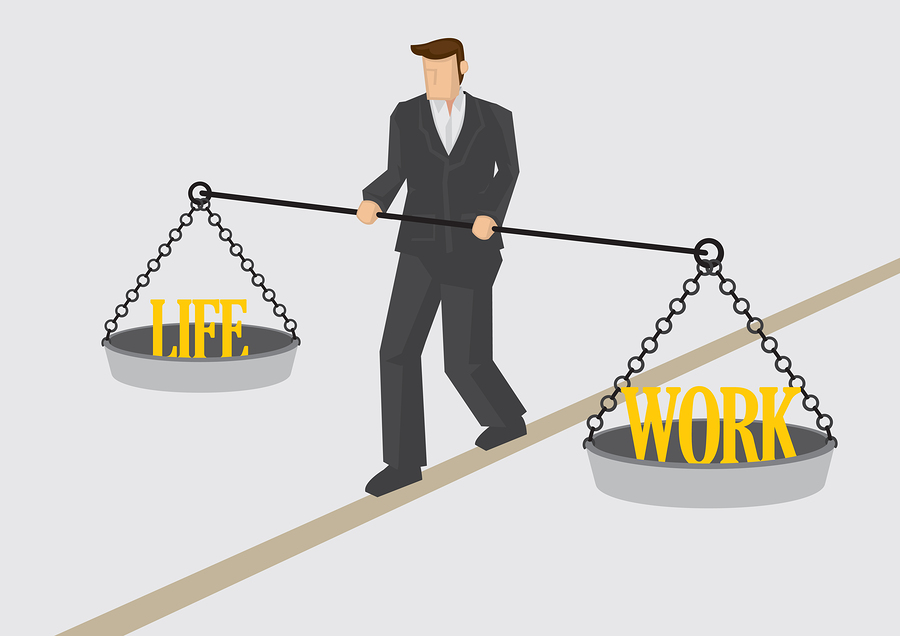Being an entrepreneur is an exciting and incredible journey. Those of us who have decided to see the entrepreneurial train through to the end agree that it is well worth the hard work, long hours, and tireless dedication that we give to our businesses. However, there are also many ways to improve productivity and performance in the process. Just because we’re the bosses of our own businesses, it doesn’t mean that we need to become slaves in the process.

It’s a 24/7 Job
Mark Cuban once said, “Being an entrepreneur is a 24/7 job.” This certainly does seem to be the case at times. But, while we all understand what Mark meant when he said this, we also realize that none of us can work 24 hours per day, seven days a week, or 365 days per year.
His point is that we have always to think about what we are doing with our business, our staff (if we have one), our money, and our time. Especially, our time.
If We Could Turn Back Time
Time management and organizational skills are perhaps the most challenging part of our business as entrepreneurs. We love the fact that we can schedule our day however we see fit. But we have to schedule our work or it simply won’t get done.
So how do we take the time that we have on a given business day and spread it over the course of a day to stay productive?
Tips from Successful Entrepreneurs
There are many tips from experts on this topic. Brian Tracy, one of the old-timers he would be called now, had some great times for time management that still work in our modern age. He suggested that 60% of our work day should be on productive tasks that are more dedicated to increasing our income.
This is a great thing to analyze as we think about our use of time. Are we spending this much time on productive tasks or could we use some help in this regard?
It is up to easy of us to always examine our means and methods so that we are our worst critics when it comes to the best use of our time. Below are a few productivity and organizational tips that may help you to further develop these skills.
Unlike creativity and innovative genius, skills can be learned.
Realizing You Can’t Use Every Minute for Productive Tasks
Let’s get this one out of the way first. We cannot use every single minute or hour of every day productively. It just won’t happen in our real world. It might happen theoretically in a controlled environment, but it is only wishful thinking.
The sooner we realize that we cannot use every minute the more we will be able to manage the time we do have at our disposal.
Learn to focus on the most important tasks first.
Have you ever heard of the saying, “Eat the frog first.” It came from Mark Twain’s saying that went like this: “If the first thing you do in the morning is to eat a frog, you can know that it is probably the worst thing that will happen to you all day.”
There is an updated version of this idea on Brian Tracy’s blog.
You may say, “I’m not a morning person,” or “I don’t want to get up and do the most difficult thing first. It will ruin my day.” But I have found that, if you do take on the hardest project first, it will make the rest of the day seem easier.
There is an alternative view on this, though. Many people believe that if you start the day with the most challenging problem, it may set a bad tone for the day. I do sometimes find that starting the day with something I prefer or want to do will help motivate me to “eat the frog” later. Whatever works for you is fine. Just find what works best with your goals and personality.
How to Organize Your Day
When you take some time to organize your day, it is like setting down footprints that you can follow through to the end of the day. It will help you to have a clear focus in mind and know what you are going to do from one task to the next. Of course, there will be interruptions. But that’s okay, as long as you are focusing on how to maximize your time and keep an organized plan in place.
Some entrepreneurs find it easier to keep a loose schedule. Staying flexible is important. As an entrepreneur, you never know what surprises the day will hold, and you have to be ready for anything. But you should still plan a rough idea of what you are going to do. This can be “goal-oriented,” “time-oriented,” or “task-oriented.”
If you set it up to be goal-oriented, you are going to be more focused on your goal. This is good because it keeps your goal foremost in your mind throughout the day. It might help to put your target somewhere in plain site so that you always see it at different times during your day.
Whatever works for you is what you should do.
If you make your day more “time-oriented,” then you are probably going to write down specific times for meetings, conferences, or projects that you expect to engage in certain activities. This is fine and works well if you have lots of meetings that have to be conducted at a particular time.
If you create task-oriented schedules, then your work day is going to be focused more on tasks that need to be done rather than the time that you plan to do them. The only problem with this is that, if you do not put a specific time to accomplish the task, it may not get it done.
I have found that if I combine the functions with the approximate time that I intend to do them, leaving plenty of time between for short breaks, it works better for me.
Making the best use of your time and organizing your day is one of the biggest challenges for the modern day entrepreneur. But you should just try different ways until you find what works for you.

Assess and analyze
Perhaps the best thing we can do it learn to assess how we spend our time. Compare yourself to a successful entrepreneur such as some from this list of the most successful entrepreneurs of all times. (Inc. Magazine)
But remember when you do this that you are not them. But you don’t have to be. In some ways, maybe you are even smarter than them! Just because something worked for highly successful gurus doesn’t mean it is the best thing for you.
Just use “trial and error” to determine what creates the best scenario for you as you go about your day and default to that most of the time.
No what to say “no” to.
Steve Jobs of Apple once said, “It is what we say ‘no’ to more than what we say ‘yes’ to that most determines our success.”
And this is true. If you say ‘yes’ to every job that comes along, you will never have time to think about how to improve your business, stay on top of your sales totals, or create new innovative ideas.
Always seek to improve your time management and organizational skills. Learn from others but don’t imitate them. Try different things. Read a lot. Learn to get the good out of something and leave the rest alone.
Life. Laugh. Love.
You’re an entrepreneur. Is there anything better in the world?
